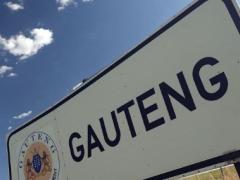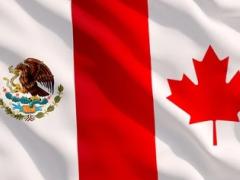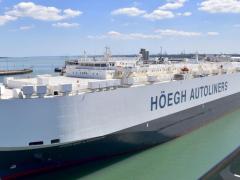KEVIN MAYHEW SPOORNET’S CONTRIBUTION to the reduction in supply chain costs in South Africa will be determined by the rail monolith’s ability to increase efficiencies in its core operations, according to Transnet chief executive, Maria Ramos. Addressing members of the national assembly’s public enterprises portfolio committee last week, she noted that the local transport sector was worth R135bn a year - of which Spoornet contributed just R11bn. This was roughly the same as that of the airfreight business of Transnet. “Without efficiencies in the core operations of Spoornet, reducing supply chain costs and changing the road-rail mix will not occur,” she said. Ramos said there was a strong case for the government to retain the infrastructure of Spoornet, but allow private-sector involvement in its operations. This reflects the view of the Department of Transport outlined in FTW last week. The DoT is to put forward recommendations that stem from its project, “Streamlining The National Freight Logistics System”, which calls for a separation of infrastructure and operational elements of the rail network. Outlining the “migration path” for Transnet’s integrated, inter-modal transport solution, Ramos said that by the end of the 2006 financial year it would implement a new business model to increase operational synergy between South African Port Operations, National Ports Authority and Spoornet. By the end of 2007 it will deliver on the necessary operational integration of port and rail services with the private sector and establish local and global partnerships for growth.












